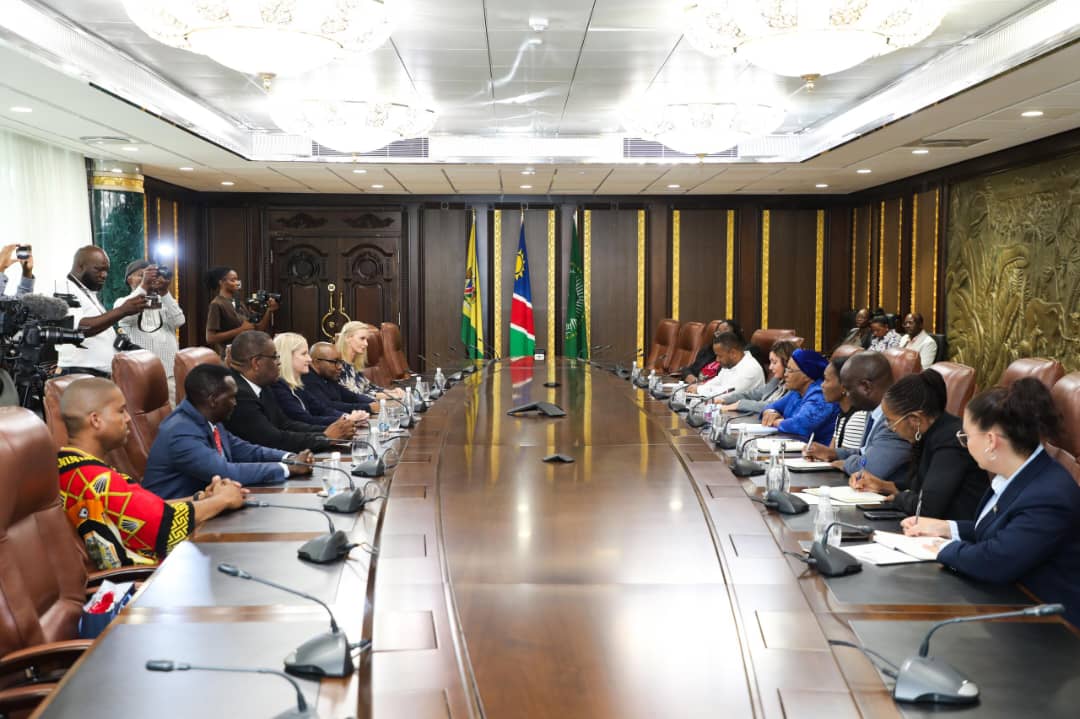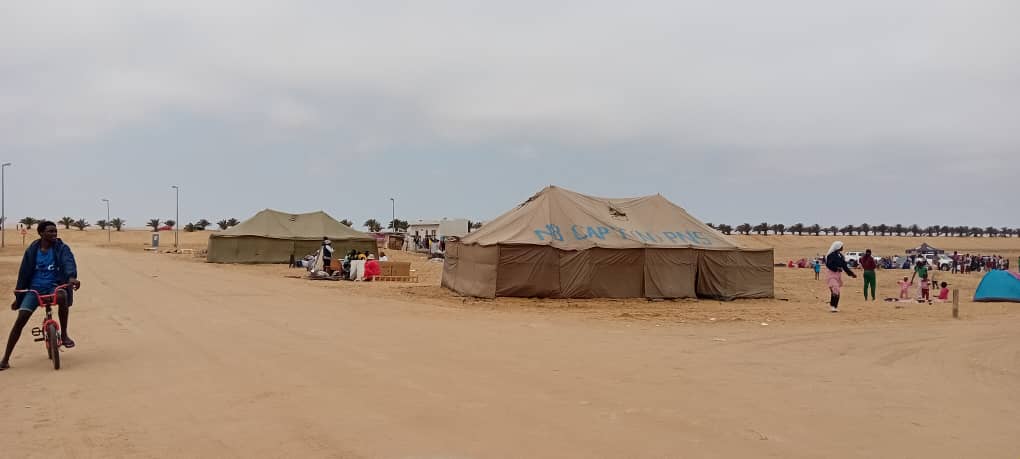PRETORIA – Southern African leaders must stop supporting Zimbabwe President Robert Mugabe or accept complicity in a ‘passive genocide,’ Catholic bishops from the region said yesterday as the European Union increased sanctions on Mugabe and his supporters.
Protesters calling for Mugabe to step down converged near the presidential guest house where the African leaders were holding an emergency summit on Zimbabwe’s political crisis. They said police fired rubber bullets at them as they tried to gather in front of South Africa’s capital building.
Police could not immediately be reached for comment.
Emily Wellman, a spokeswoman for one of the groups that organised the protest, says seven people were injured and an unknown number arrested.
The bishops said in a message to the heads of state that Mugabe must step down immediately and southern African officials ‘must stop supporting and giving credibility to the illegitimate Mugabe regime with immediate effect.’
‘Failing this, SADC leaders accept complicity in creating the conditions that have resulted in starvation, displacement, disease and death for ordinary Zimbabweans. This is nothing short of passive genocide,’ the bishops said.
The European Union also tried to increase the pressure on Mugabe, adding 26 officials and 36 companies to a blacklist freezing assets and barring travel in Europe.
The blacklist now totals 203 people and 40 entities _ many of them also blacklisted in the United States.
Seven African presidents including Mugabe gathered in Pretoria for talks to start yesterday afternoon.
The leaders are expected to press Mugabe and opposition leader Morgan Tsvangirai to form a coalition government as they agreed in September. The two have failed to agree on how to share Cabinet seats.
Among leaders at the summit is Botswana’s President Ian Khama, a lone voice against Mugabe whose government has called for African nations to close their borders with landlocked Zimbabwe.
Zimbabwe has been virtually without a government since a presidential election last March in which Tsvangirai won the most votes. Tsvangirai pulled out of a subsequent runoff against Mugabe because of brutal attacks on opposition supporters.
The regional Save Zimbabwe Now campaign also sent a statement to the summit warning that political violence was again on the increase in Zimbabwe, quoting witnesses who have fled the country in recent days reporting ‘the resurgence of familiar patterns of victimization by state forces and militias and revenge attacks on suspected activists and their families.’
Only the southern African leaders and the African Union can act to end this ‘culture of fear and intimidation … characteristic of an authority desperate to cling to power,’ said the statement from the campaign by civil society and church groups.
The political stalemate in Zimbabwe has distracted leaders from addressing a growing economic and humanitarian crisis, with millions of Zimbabweans dependent on international aid groups for food and medical care. The government has been unable to maintain its medical and sanitation infrastructure, leading to a cholera epidemic that has killed nearly 3 000 people and spread to neighbouring countries. – Nampa-AP
Stay informed with The Namibian – your source for credible journalism. Get in-depth reporting and opinions for
only N$85 a month. Invest in journalism, invest in democracy –
Subscribe Now!










